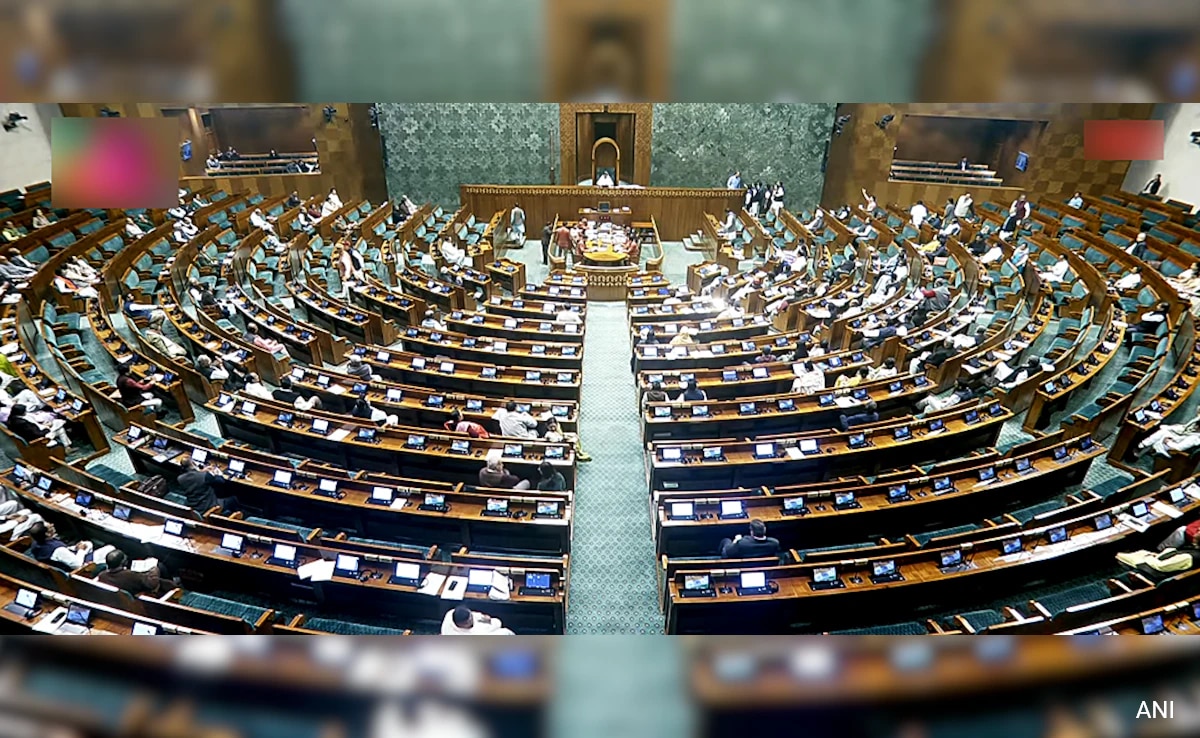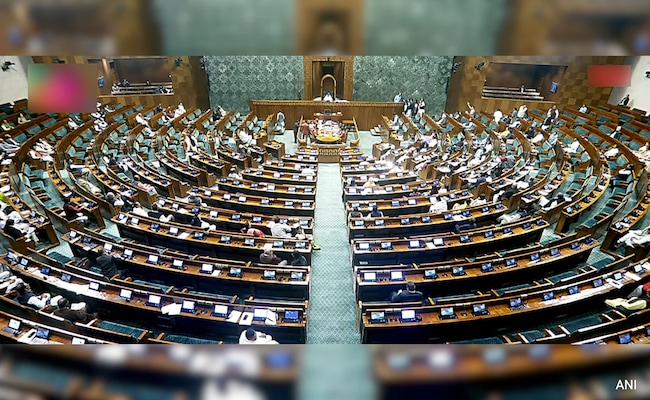

The Joint Parliamentary Committee to review the One Nation One Election bill will have eight more members. Now it will have 27 members from Lok Sabha and 12 from Rajya Sabha, instead of 21 members from the lower house and 10 from the upper house, as was initially declared. The number has been increased after former Maharashtra Chief Minister and Shiv Sena UBT leader Uddhav Thackeray and a few other parties pointed out that none of their members have been included in the committee.
Even so, the Committee – which the government wants to include all political parties — still does not include members from the Nitish Kumar’s Janata Dal United and Chandrababu Naidu’s Telugu Desam Party. The Rajya Sabha members, however, are yet to be named. One member from Shiv Sena UBT has been included now.
The committee can have a maximum of 31 MPs based on each party’s Lok Sabha numbers. This favours the ruling BJP – the largest party in the Lower House with 240 MPs. The Congress has 99 MPs.
The new members include Anil Desai ( Shivsena UBT ) Chhotelal (BJP), Vaijayant Panda (BJP), Shambhavi Chaudhary (LJP Ram Vilas), Sanjay Jaiswal (BJP) and K Radhakrishnan (CPM).
The Constitution (129th Amendment) Bill was introduced in the Lok Sabha earlier this week. The bill will pave the way for simultaneous elections to the Lok Sabha, state assembles and local bodies with minimum gap.
But its implementation will require a series of amendments to the Constitution that can only be done with two-thirds majority in parliament. Some provisions may have to be ratified by the governments of states and Union Territories.
Given the huge changes this will involve, the government plans to start a dialogue that will involve all stakeholders and get everyone on board.
The Opposition has already been voicing its objections, with most parties contending that the bill will subvert the Constitution – an allegation the government has repeatedly refuted.
Introduced on Tuesday by Law Minister Arjun Meghwal in the Lok Sabha, the One Nation One Election Bill has sparked hours of bitter arguments which is still having ripple effects. The absence of a few BJP members from the house despite a party whip enthused the Opposition into claiming that bill had critics even within the ruling party.
Legal experts have warned that failure to pass the amendments will leave the government open to allegations that it is distorting India’s federal structure. Many Opposition parties have already claimed the Centre is robbing the states of the right to self-determination, besides violating the Constitution.
While introducing the bill, Union minister Arjun Ram Meghwal said, “Laws can be brought in for electoral reforms… this bill is aligned with the process of easing the electoral process, which will be synchronised. There will be no damage to the Constitution via this Bill. There will be no tampering with the basic structure of the Constitution”.



